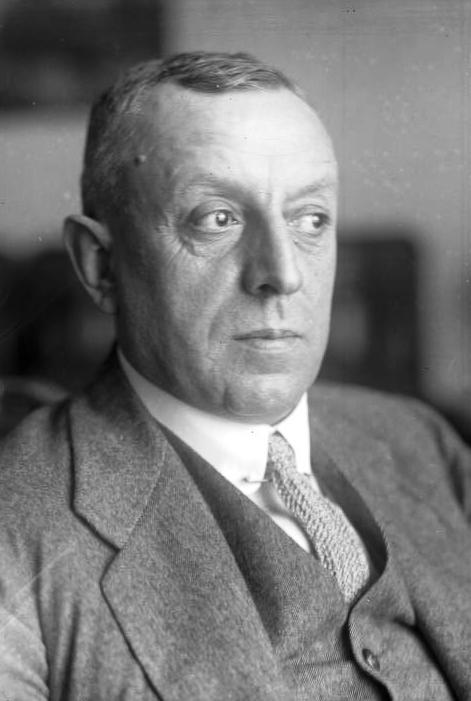Khazargptthe nazi party of hitler was a right wing one, calling them socialist because they had socialist in their name is nonsense. after hitler and his people took control of this regional party they struggled with the idea of having socialist in the name, but figured it was worth it to try and attract the idiot socialist and marxists who are known useful idiots who would fall for anything in their quest to destroy german democracy. so the socialist in the nazi party name is a perfect example of communists voting "the worst, the better."
The nazi parties job was to create the atmosphere needed to draw up public support for a so called Jewish home state and they did it very well.
American Jews were greatly against a national Jewish homeland when the idea was first presented by Zionists before WW1 so they went to extreme measures to get their sympathy and support.


:max_bytes(150000):strip_icc()/GettyImages-604433855-588bb6605f9b5874eea73618.jpg)